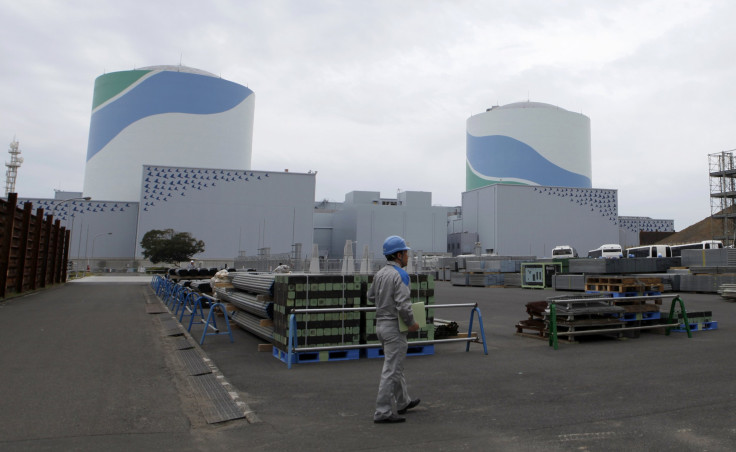Japan Nuclear Restart: Sendai Reactor Inches Closer Toward Meeting New Safety Standards

Plans for a June restart of a reactor in southwest Japan cleared another regulatory hurdle Wednesday, inching the country toward ending its longest stretch without nuclear power. The country shut down all nuclear plants for safety reviews after the March 2011 Tohoku earthquake and tsunami that caused reactor meltdowns at the Fukushima Daiichi Power Plant complex and many have protested the government’s decision to restart the country’s nuclear energy program.
The Nuclear Regulation Authority said Wednesday that operators of the No. 1 reactor at Kyushu Electric Power's plant in Sendai had received approval for construction work to upgrade the unit’s basic design to meet higher standards set since the Fukushima disaster, according to Reuters. The approval was the second in a three-step process that all reactors have to go through before a restart. The final step involves inspection before operations commence. This development brings Kyushu Electric a little closer toward the government’s goal of a June restart date that was announced in February.
The Sendai plant received its first approval, the most important step, last September. But hurdles remain, including possible injunctions as court officials have been considering preventing the restart of all nuclear power stations in the country. Hundreds of protesters took to the streets of Tokyo last November after Prime Minister Shinzo Abe first announced his decision to restart the country’s nuclear reactors.
The Sendai reactor’s restarting would mark the end of Japan’s self-imposed shutdown of its nuclear industry after the tsunami that killed more than 15,000 people and left many towns abandoned in the radiation aftermath. Japan has been relying on coal and liquefied natural gas since the shutdowns.
Japan has had nuclear power since the 1960s. Amid the new safety standards, some nuclear power companies have decided to retire some reactors that were deemed too old. Kyushu Electric Power and Chugoku Electric Power decided Wednesday to decommission two of their aging reactors, according to Japan Times.
© Copyright IBTimes 2025. All rights reserved.






















